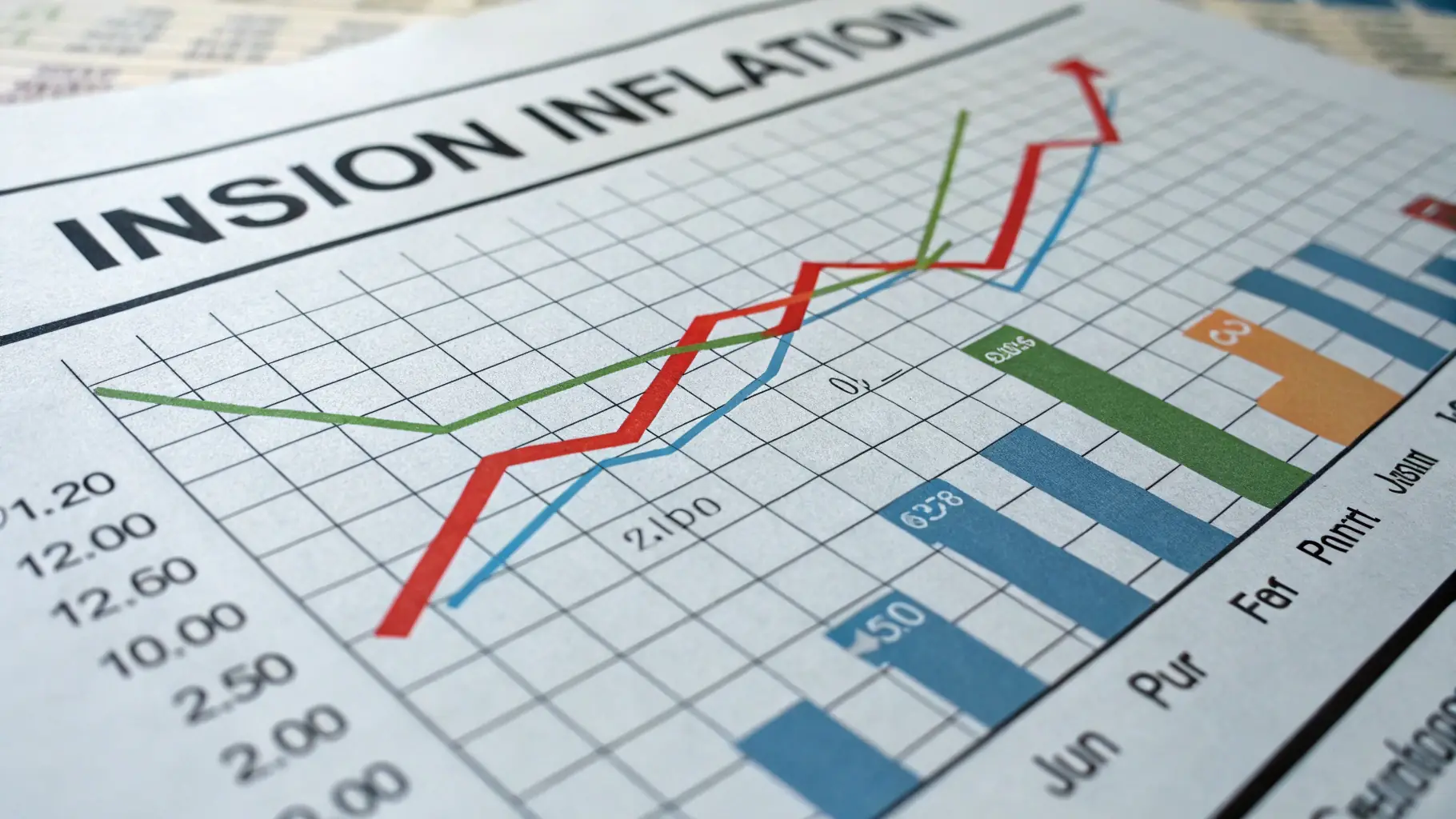Inflationary pressures are mounting across various sectors, causing a ripple effect throughout global economies. Increased costs for raw materials, energy, and labor are pushing up prices for goods and services, impacting consumer spending and business profitability. The interconnected nature of global markets means that inflationary pressures in one region can quickly spread to others, creating a complex and challenging economic landscape. Governments and central banks are actively working to manage inflation, but the effectiveness of their measures remains to be seen. The impact of inflation is not uniform across all sectors and regions. Some industries are experiencing more significant price increases than others, leading to disparities in economic performance. Developing countries often face greater challenges in managing inflation due to factors such as limited resources and infrastructure. The global food supply chain is also vulnerable to inflationary pressures, potentially leading to food insecurity in vulnerable populations. The long-term consequences of persistent inflation remain uncertain, but it is clear that it poses a significant threat to economic stability. Central banks around the world are grappling with the delicate balance between controlling inflation and stimulating economic growth. Monetary policy decisions, such as interest rate adjustments, play a crucial role in managing inflation. However, these decisions can have unintended consequences, potentially impacting employment and investment. The effectiveness of these policies is often debated, and the optimal approach varies depending on the specific economic context. International cooperation and coordination are essential to address the global nature of inflation and its impact.
Trump’s 2025 Deportation Plan: Impact on College Campuses
Intro: A Shake-Up on CampusTrump’s 2025 deportation plan is shaking up U.S. colleges—here’s why. Signed



